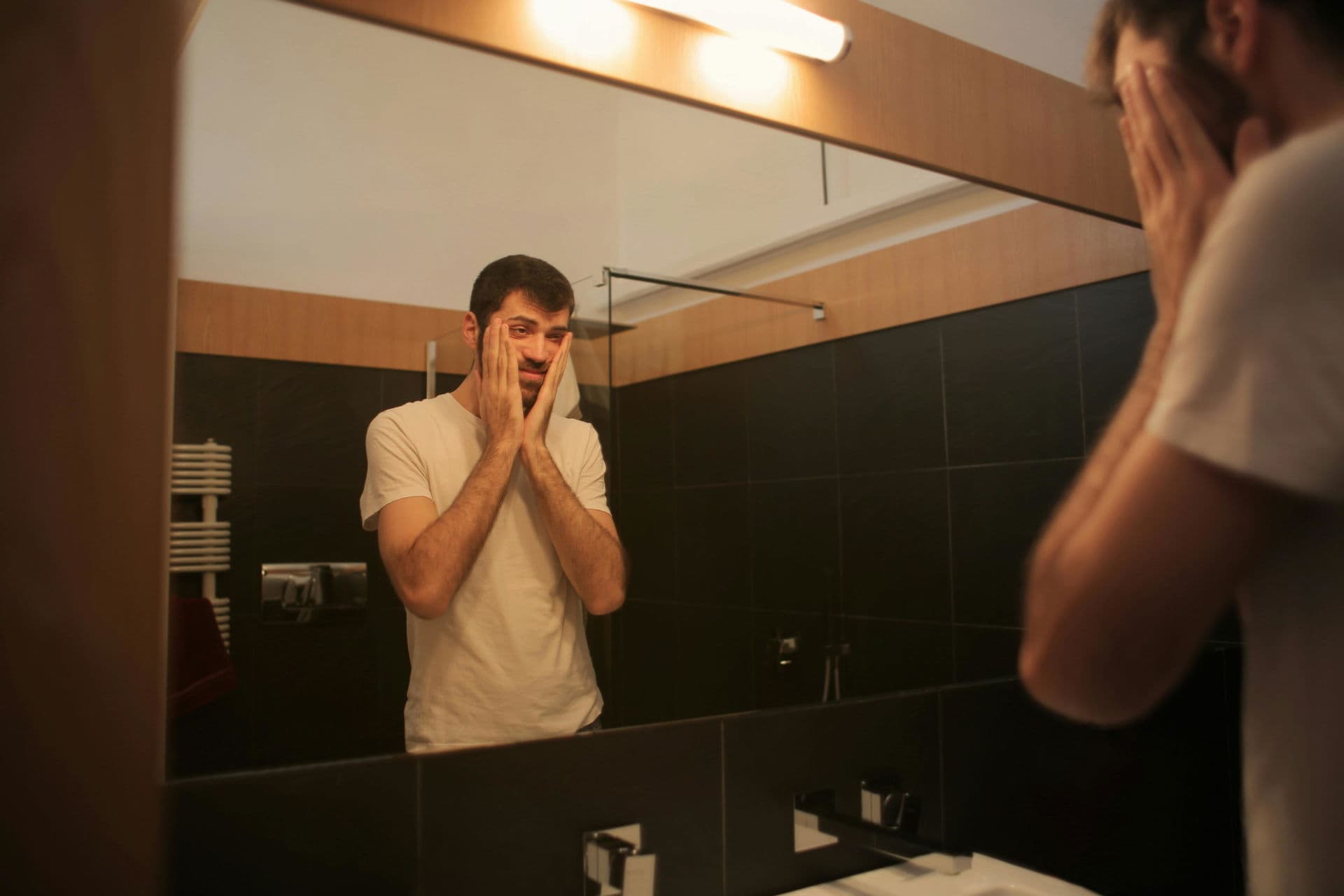Massage and the Mind: How Massage Therapy Impacts the Mind-Body Connection

Massage therapy is a holistic treatment that has been shown to have many benefits for both physical and mental health – the mind-body connection. In recent years, there has been a growing body of research on the role of massage in mental wellbeing. This research suggests that massage can be effective in reducing stress, anxiety, and depression as well as improving sleep quality, mood, and self-esteem.

Massage: A Gateway to Relaxation
The human body is a remarkable network of interconnected systems, and massage taps into this intricate balance. Massage has long been recognized as a healing force, with ancient civilizations using massage techniques for therapeutic purposes. Today, modern science provides us with a deeper understanding of how massage affects our bodies and minds. Massage triggers the release of endorphins, the body's natural feel-good hormones, which help relieve pain and induce relaxation.
The pressure applied during a massage sends signals to the brain, stimulating the parasympathetic nervous system and reducing the production of stress hormones such as cortisol. As a result, our heart rate decreases, blood pressure lowers, and our breathing becomes deeper and more rhythmic. These physiological responses pave the way for a calm and peaceful state of mind
The Mind-Body Connection and Mental Wellbeing
Research has increasingly demonstrated the intricate interplay between the mind and the body. The mind-body connection, a fundamental aspect of holistic health, suggests that our mental state profoundly influences physical wellbeing and vice versa.
Massage serves as a conduit to bridge this connection, offering a tangible means to influence mental health positively.
According to a publication by the National Library of Medicine in a journal titled 'The Use of Massage Therapy for Reducing Pain, Anxiety, and Depression in Oncological Palliative Care Patients', a growing body of evidence supports the idea that physical touch, such as massage, can alleviate symptoms of anxiety, depression, and stress, thereby contributing to enhanced mental wellbeing.
Enhancing Mindfulness through Massage
Mindfulness, a state of nonjudgmental awareness of the present moment, has gained significant recognition for its positive impact on mental health. Massage can act as a mindfulness-enhancing practice by encouraging individuals to focus on bodily sensations, fostering a deeper connection with the present moment.
As explored in a study published in the Journal of PubMed, massage therapy has been found to increase the release of oxytocin, commonly referred to as the "love hormone," associated with emotional bonding and stress reduction. This physiological response aligns with mindfulness's emotional grounding and heightened awareness.
Neurological Mechanisms of Massage on Mental Wellbeing
The therapeutic effects of massage on mental wellbeing can be attributed to its influence on the nervous system. Heat and massage therapy can influence the nervous system in many ways.
A study by the National Library of Medicine investigated the effects of heat and massage applications on the autonomic nervous system. The autonomic nervous system is responsible for involuntary functions such as heart rate, blood pressure, and breathing. The study found that heat and massage application significantly decreased serum cortisol levels, plasma norepinephrine levels, and heart rate variability. These findings suggest that heat and massage applications can relax the autonomic nervous system.
These neurological responses contribute to a sense of relaxation and contentment, further solidifying the role of massage in soothing the mind.
In addition to the neurological effects of massage therapy, psychological effects can contribute to a sense of relaxation and contentment. For example, massage therapy can reduce muscle tension, improve sleep quality, and increase self-esteem. Multiple research studies show that massage therapy can:
1. Generate the secretion of endorphins which can have a positive impact on well-being and act as natural painkillers.
2. Release blocks in the nerves and reduce compression in the nerve root caused by muscle tension.
3. Calm the nervous system and ease symptoms of anxiety and depression.
4. Affect the tension in muscles or joints being stimulated, which can alter the reactivity of nerve receptors in those areas.
5. Stimulate or soothe nerves depending on the kind of pressure, stroke, or duration of the massage, thereby influencing the autonomic nervous system's function.
Overall, the therapeutic effects of massage on mental wellbeing can be attributed to its influence on the nervous system and the psychological effects of the massage experience. Massage therapy can be a safe and effective way to reduce stress, anxiety, and depression and to improve sleep quality, mood, and self-esteem.
FAQs
What does massage do to the mind?
Massage therapy involves the skilled manipulation of muscles and soft tissues, which induces a profound relaxation response. As the body releases tension, the mind experiences a state of tranquility.
The soothing touch during massage triggers the release of endorphins, natural "feel-good" chemicals, reducing stress and anxiety. This process fosters mental clarity and emotional balance, offering a refreshing break from the demands of daily life.
Benefits of massage for the mind and body
Massage offers a range of benefits that contribute to mental and physical well-being. Beyond relaxation, it helps to alleviate muscular knots, improve blood circulation, and enhance joint flexibility.
These physical improvements directly impact mental health, as reduced physical discomfort translates to reduced mental stress. The combination of physical and mental relaxation promotes a holistic sense of rejuvenation and revitalization.
Relationship between massage and mental health
The link between massage and mental health is profound. Regular massage sessions have been shown to lower cortisol levels, the body's stress hormone, while increasing the production of serotonin and dopamine, which are associated with improved mood and emotional well-being.
The tactile stimulation of massage fosters a sense of comfort and security, triggering the body's relaxation response and contributing to enhanced mental health.
How to activate your mind-body connection
Cultivating a solid mind-body connection involves engaging in practices that encourage mindfulness and self-awareness. Massage and mindful breathing exercises, where you focus your attention on each breath, can help center your thoughts and sensations.
Yoga and meditation foster a deeper awareness of bodily sensations, thoughts, and emotions. Regular physical activity and healthy nutrition also play a role, as a nourished body supports a clearer mind. Embracing these practices gradually enhances your ability to perceive and honor the intricate relationship between your mental and physical states.
In the pursuit of holistic wellbeing, the significance of the mind-body connection cannot be overlooked. Massage, as a therapeutic modality, offers a unique pathway to enhancing mental health by soothing the mind through the body.
Its capacity to foster mindfulness, regulate neurotransmitters, and mitigate stress underscores its potential as an essential component of comprehensive mental health care. As individuals increasingly seek integrative approaches to wellness, the healing potential of massage stands as a promising avenue for promoting mental wellbeing.




























































































































































































































































